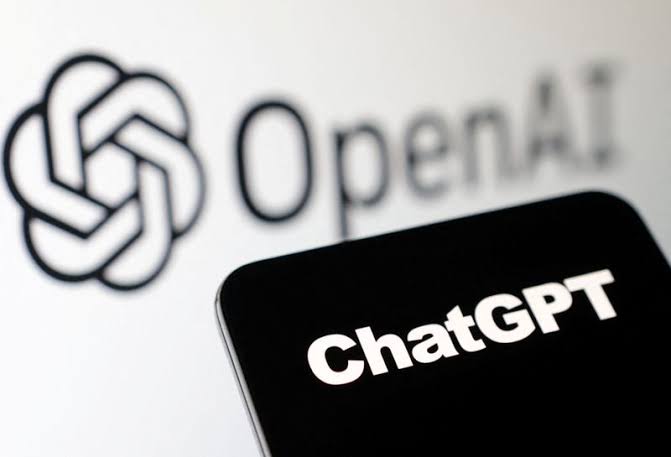China: OpenAI’s ChatGPT, which was launched in November last year, has exploded in popularity worldwide and has become the fastest-growing consumer application in history. The chatbot has been grabbing eyeballs with its ability to have natural conversations with users and answer a range of questions.
Needless to say, the software’s success has already ruffled some of the biggest technology firms, prompting Alphabet Inc and Microsoft Corp to hastily debut new functions in Google and Bing. As the AI race heats up, major tech companies in China are also scrambling to create their own homegrown version. Meanwhile, authorities are now clamping down on the usage of the chatbot, with several popular Chinese apps removing access to ChatGPT, as per a CNN report.
Though ChatGPT is not officially available in China, residents have been using virtual private networks and foreign phone numbers to help bypass restrictions. However, over the weekend, things seemed to have changed.
Searches for ChatGPT on Chinese platforms no longer returned results, while workaround programs had been disabled or replaced with a notice saying they had been suspended for “violating relevant laws and regulations”, theSouth China Morning Post reported.
Apps called ChatGPTRobot and AIGC Chat Robot said their programs had been suspended due to ”violation of relevant laws and regulations.” Even Shenlan BL and AI Duihua told their users that their ChatGPT access services had become “unavailable” without specifying a reason. Other apps, like ChatgptAiAi and Chat AI Conversation, also met with the same fate.
A user told SCMP that his personal WeChat account was blocked last week, three days after he embedded a ChatGPT API.
As of now, it’s not really clear what prompted these closures. However, the CNN report says that there might be some political reasons. State-run media on Monday released a video in which it is claimed that the chatbot could be used by US authorities to ”spread disinformation and manipulate public opinion.”
Recently, a team from China’s Fudan University developed a ChatGPT-like chatbot platform but it crashed hours after it launched to the public, due to a sudden surge of traffic.
Apart from China, OpenAI does not allow users in Hong Kong, Iran, Russia and parts of Africa to sign up.







